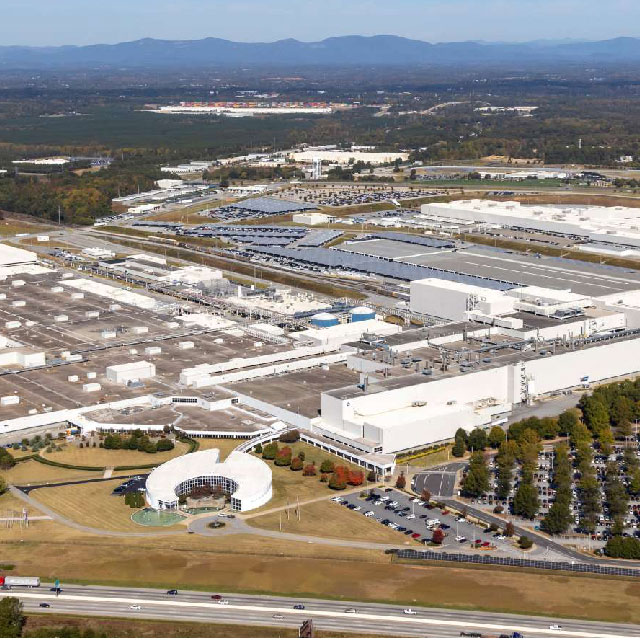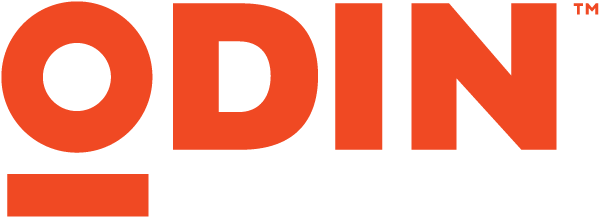BMW Celebrates 20 years of RNG Power

BMW’s Gas-to-Energy Project Continues to Power Factory
For decades, the BMW Group has been using innovative technologies in its efforts to improve sustainability. It was 20 years ago that BMW Manufacturing started using recycled methane gas (RNG) from a local landfill to provide electricity and hot water for the plant. This has significantly reduced CO2 emissions. It is said that the BMW Group will reduce CO2 emissions, per vehicle, by 40 percent from 2019 levels by 2030 across the spectrum.
Natural gas comes from many sources. According to the U.S. Environmental Protection Agency (EPA), renewable natural gas (RNG) is a term used to describe biogas that has been upgraded for use in place of fossil natural gas. The biogas used to produce RNG ranges from municipal solid waste landfills, digesters at water resource recovery facilities (wastewater treatment plants), livestock farms, food production facilities and organic waste management operations.
That fact has not been lost on BMW Manufacturing Co., LLC. in Spartanburg, SC. Twenty years ago, BMW Manufacturing started using recycled methane gas from a local landfill to provide electricity and hot water for the plant.
“The old saying that ‘one person’s trash is another person’s treasure’ is literally true for our landfill gas-to-energy project,” said Manfred Pernitsch, vice president of Real Estate Management and Environmental Protection for the Americas. “This project has greatly reduced greenhouse gas emissions and air pollution for two decades. We have used the energy produced by our turbines to heat the office and production areas as well as heat our water, saving BMW several million dollars each year.”
According to the EPA website, landfills are the third-largest human-generated source of methane emissions in the US. Recycling methane is an approach that we can all get behind.
Read more about BMW’s Gas-to-Energy project in its original form here at the BMW USA news site.
ODIN works on, and has experience with, the RNG equipment that is utilized to convert methane emissions to natural gas. We support lifecycle project development including, collection, pre-treatment, launcher/receiver pigging, filtering/separation, metering, heating, pressure control, odorization, and blending into the distribution system. Learn More About RNG and ODIN’s related experience.

